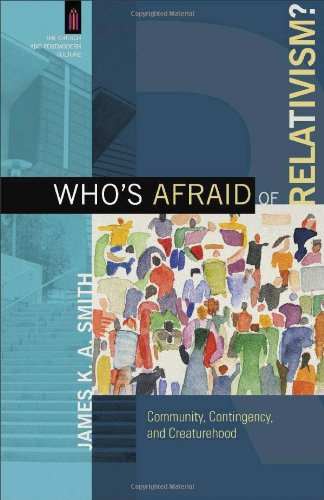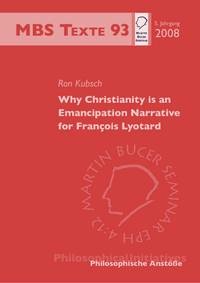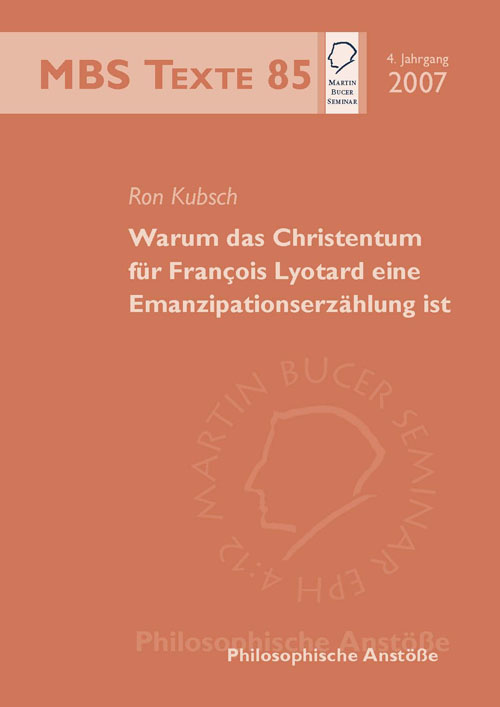Wer hat Angst vor dem Relativismus?
 James K.A. Smith vom Calvin College in Grand Rapids (Michigan, USA) ist bekannt für seine Sympathien mit dem postmodernen Denken (siehe meine Kritik hier). In seinem neuen Buch Who’s Afraid of Relativism? empfiehlt er den philosophischen Relativismus bzw. Pragmatismus.
James K.A. Smith vom Calvin College in Grand Rapids (Michigan, USA) ist bekannt für seine Sympathien mit dem postmodernen Denken (siehe meine Kritik hier). In seinem neuen Buch Who’s Afraid of Relativism? empfiehlt er den philosophischen Relativismus bzw. Pragmatismus.
James Anderson hat das Buch gelesen und einige Schwächen benannt:
James K. A. Smith’s latest book continues his longstanding project of sympathetic Christian engagement with postmodernist philosophy. On this occasion Smith, professor of philosophy at Calvin College in Grand Rapids, Michigan, seeks to play the role of defense attorney for “relativism”; more precisely, the philosophy of pragmatism as propounded by the controversial American philosopher Richard Rorty. His central thesis is repeated in different forms throughout the book: pragmatism is a philosophy centered on the recognition of our dependence, finitude, and contingency; thus Christians, who acknowledge the dependence, finitude, and contingency of the creation, should be sympathetic rather than hostile toward pragmatism. But embracing pragmatism also means repenting of representationalist realism: the idea that truth consists in a correspondence or match between the “inside” world of our thoughts and the “outside” world of objects existing independently of our thoughts.
The opening chapter sets up the problem Smith seeks to solve—or rather to subvert. Christians fear “the specter of relativism” because they think Christianity requires a commitment to “absolute truth,” which relativism repudiates. Relativism and its defenders are therefore enemies of the Christian faith. The term “relativism” is often poorly defined and has been used to label various views, some more vulnerable to refutation than others. Rather than deal with sophomoric types of relativism (“true for you, not true for me”) Smith proposes to engage with a serious and sophisticated form of relativism, namely, contemporary pragmatism.
Hier mehr: thegospelcoalition.org.

